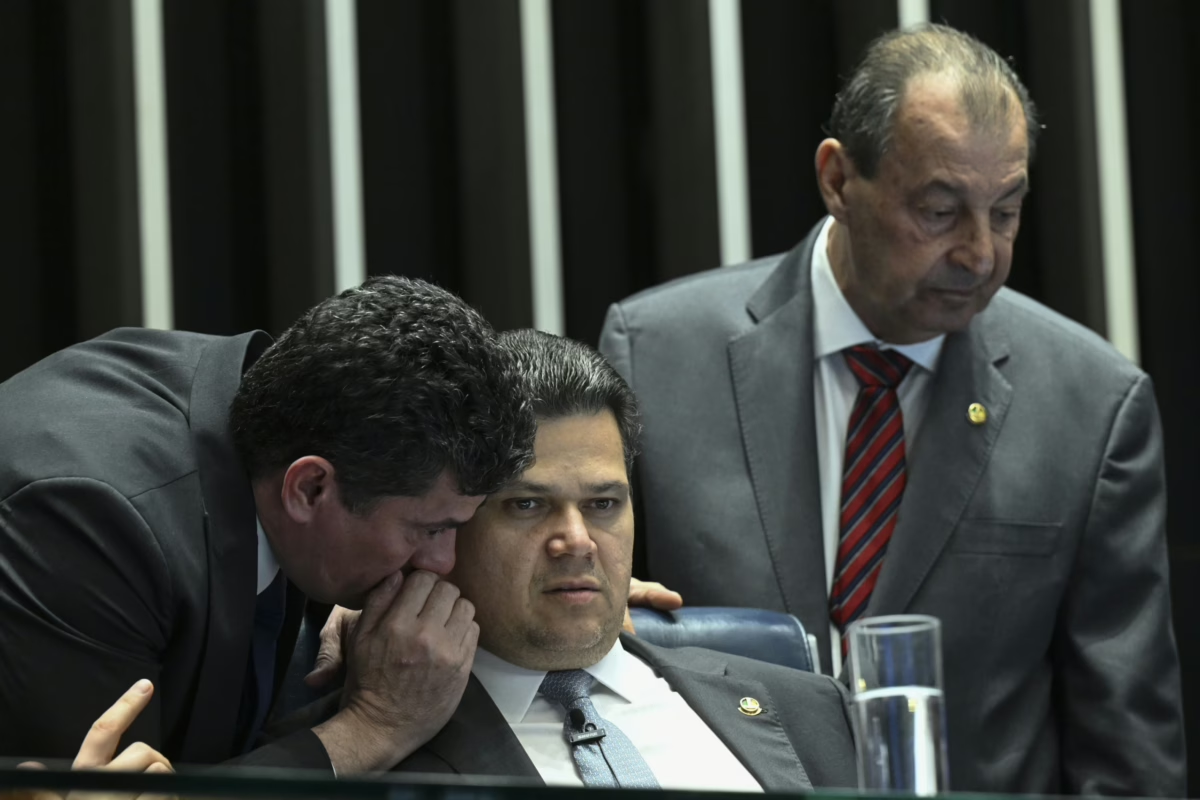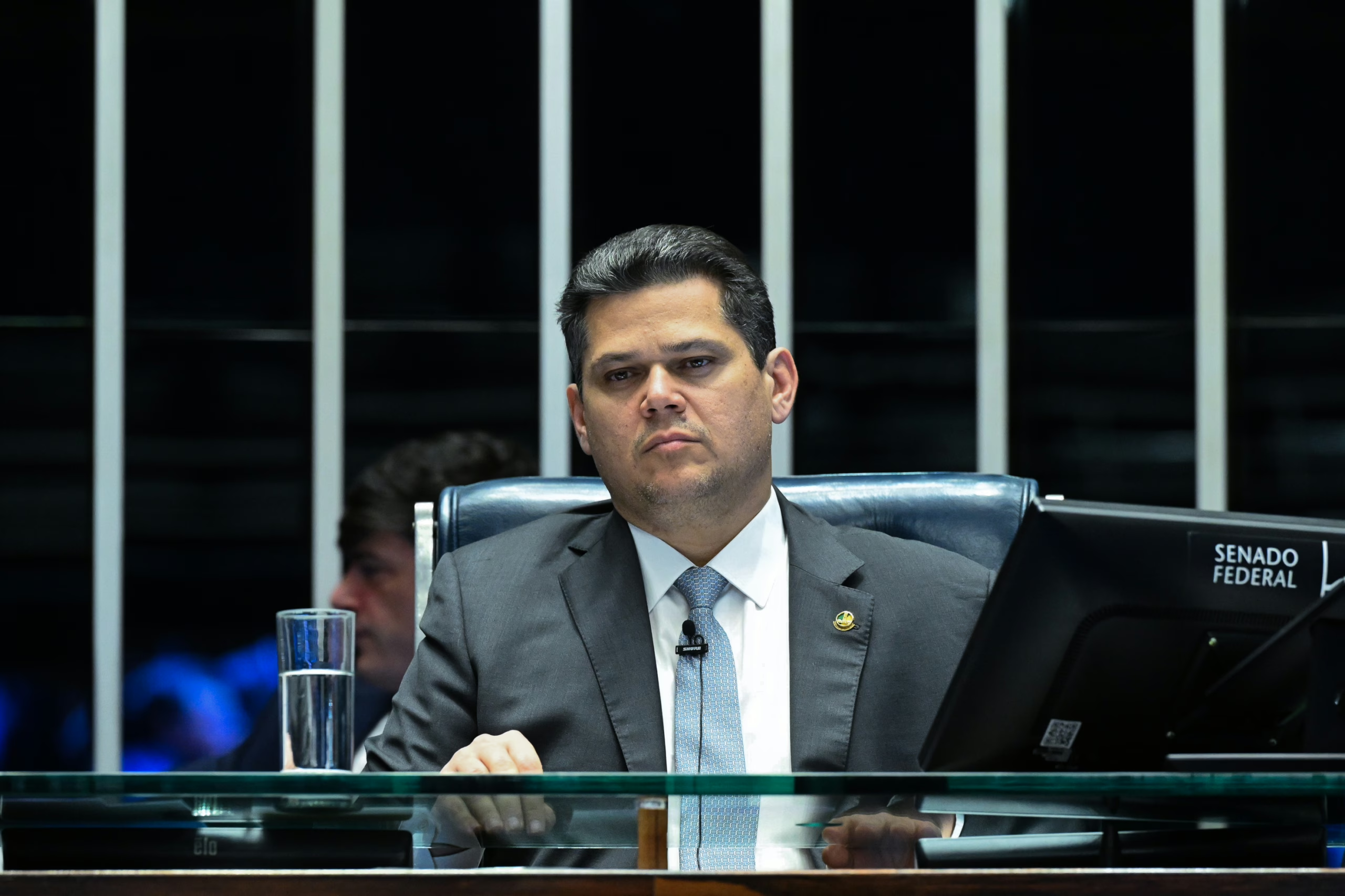BONN, JUNE 10th, 2015
Technical discussions on REDD+ have been completed in the Bonn climate conference with kudos to Brazil. On May 19th the tropical carbon superpower became the first country to submit to the United Nations a “summary of information” explaining how does it plan to implement safeguards on reducing emissions from deforestation (REDD+). Whoever takes the Brazilian submission as a model for other countries to follow, however, risks seeing the trees instead of the forest. And the forest has seen better days in the South American country.
Over the last decade, Brazil has earned applause from the international community for the courage it showed on fighting rampant devastation in the Amazon: it has managed to cut its emissions from deforestation in the world’s biggest tropical forest by 70 percent, possibly the greatest mitigation effort done by any country in recent years. That success paved the way for Brazil to benefit from early-start, voluntary REDD+ schemes, such as Fundo Amazônia, funded by donations from Norway and Germany. It also prompted Brazil to submit in 2014 its Forest Reference Emission Level, the first of its kind submitted to the UNFCCC.
But the Brazilian leadership on REDD+, as well as the fate of its accomplishments in the Amazon, is in jeopardy, for a number of reasons. President Dilma Rousseff’s administration is doing a poor job on safeguarding forests, on protecting the rights of indigenous peoples and traditional communities, on allowing cash flows to subnational governments and on ensuring transparency and accountability in REDD+ rules. Brazilian civil society believes the country’s performance on REDD+ is to be criticized rather than emulated, because:
Deforestation is on the rise – again. After a 29% increase in 2013 and an 18% drop in 2014, the year of 2015 may see a new high in clear-cutting the Amazon rainforest. Deforestation alerts measured by official monitoring system Deter have increased 77% between August 2014 and April 2015 compared to the same period in the previous year.
Congress is about to wreak havoc on indigenous lands. The Brazilian Congress, dominated by the farm lobby, is working to pass a Constitutional Amendment that transfers from the President to the Parliament the power to create protected areas and declare indigenous territories. This means that no new protected areas shall ever be created in Brazil as long as the agribusiness sector controls both houses. Which means a long time. The amendment is the single most damaging piece of legislation to indigenous rights and the environment to be voted in Brazil ever since the 1988 Constitution put indigenous lands under special protection. The President has limited political power to overturn it..
Brazil does not have a national REDD+ strategy. Yes, you’ve read it right: the very framework in which safeguards should be nested does not exist yet. It has been promised three times by the government since 2010, and the last draft of such strategy was leaked to civil society in December 2012. Since then it has not seen the light. The government plans to launch it as a Federal Decree without any previous public consultation.
Without the national strategy (dubbed “ENREDD+”), the summary of information on safeguards becomes little more than a piece of paper, with low technical consistency according to UNFCCC rules. Without ENREDD+, public officers can pick and choose among actions to be evaluated on REDD+ safeguards. Government programs that cause deforestation, such as road and dam building in the Amazon, can be comfortably left outside scrutiny. How’s that for a safeguard?
Amazonian governors are not happy. The lack of a national REDD+ strategy also means that money that should be captured by subnational REDD+ schemes is not flowing into cash-strapped States. In a rare event that crossed party lines, six governors and three vice-governors of Amazonian States issued a letter complaining that they are not getting their due for helping cut 4.2 billion tons’ worth of CO2 over the last decade, and demanded that a national Redd+ regulation be passed which recognizes the role of subnational governments on reducing emissions from deforestation.
- There is no actual information in the “summary of information”. The document does not present evidence of how the Cancun safeguards are being addressed. It is rather a sketchy compilation of existing policies and programs aimed at fighting deforestation, particularly the Program for Preventing and Controlling Deforestation in Amazonia (PPCDAM) and Fundo Amazônia itself. Even those were not fully evaluated with regard to safeguards.
- The elaboration of the safeguards summary did not respect the Cancun safeguards. The technical panel of civil society experts convened by the government in 2012 to discuss recommendations for the safeguards information system in Brazil is not representative of all stakeholders that should participate and be heard in the process. For instance, there was not a single representative of indigenous peoples and traditional communities. Moreover, the summary submitted to UNFCCC does not fully reflect the panel’s work, which consisted on translating the meaning of safeguards to the Brazilian context and making recommendations both for the summary and for the safeguard information system. The decision of focusing on only two of the various instruments suggested by the panel, as well as the interpretation of the safeguards implementation, were made solely by the government. Members of the panel received the summary draft two years after the panel finished its activities with a limited twelve days to comment.
For those reasons, the Brazilian Climate Observatory (OC), representing nearly 40 civil society organizations, thinks the summary of information submitted to the UN should not be taken as an example by any other country, and a new process must be defined for addressing the fulfilling of the Cancun safeguards for REDD+ in Brazil.
Contact:
Carlos Rittl
Executive Secretary
Brazilian Climate Observatory
+5511 – 99839-3015




